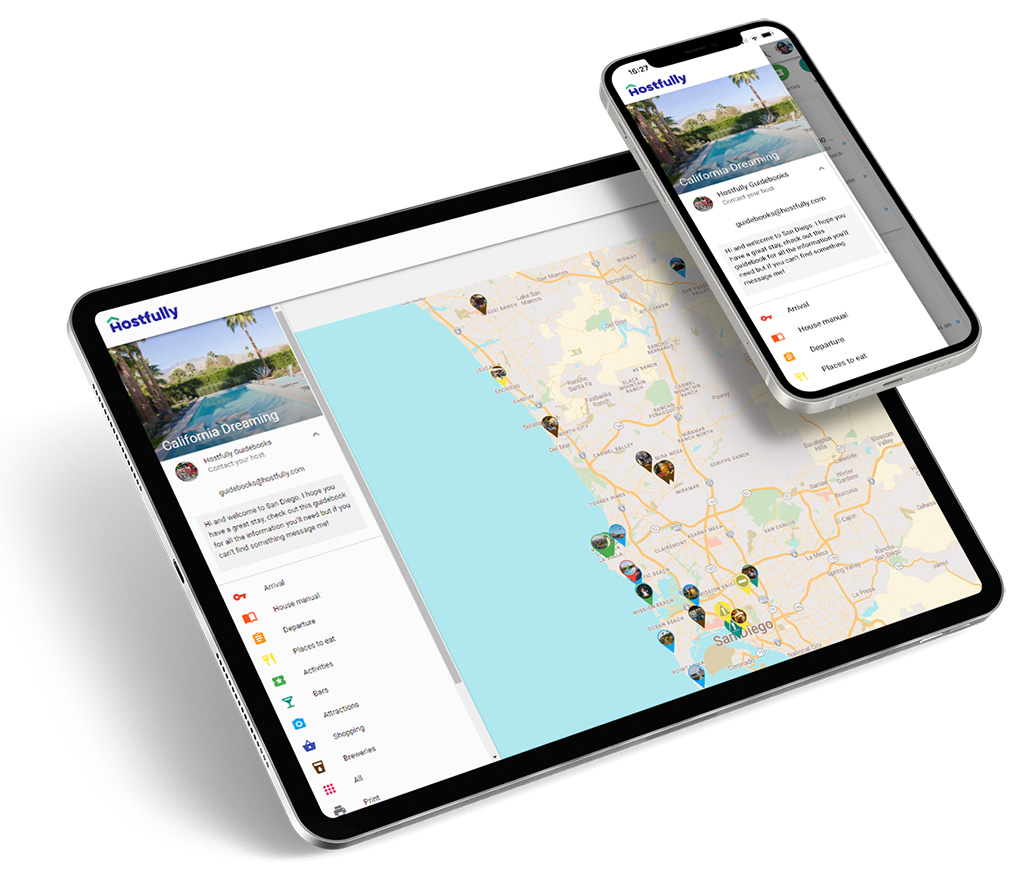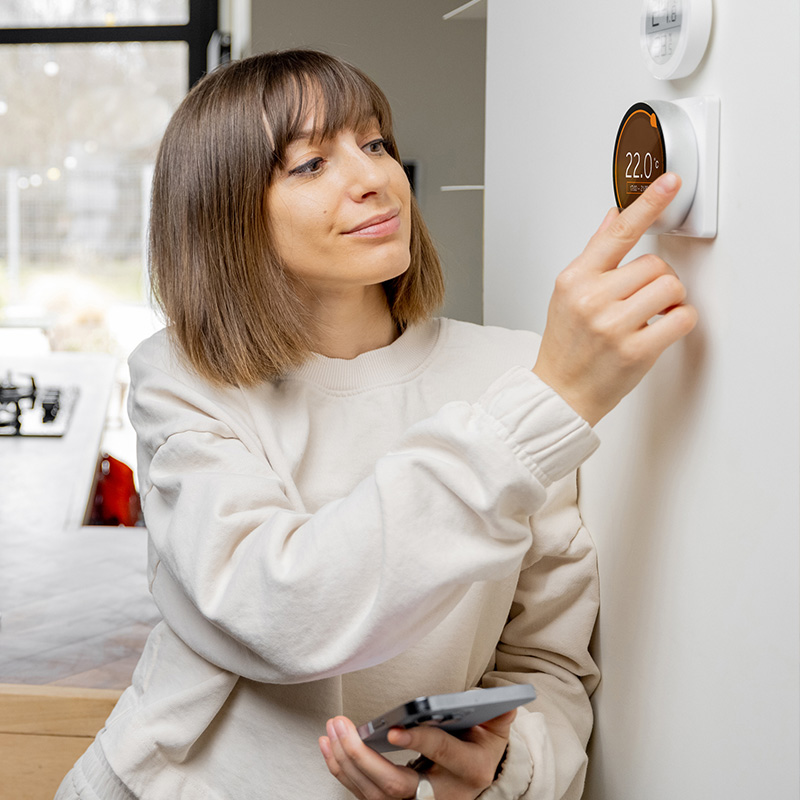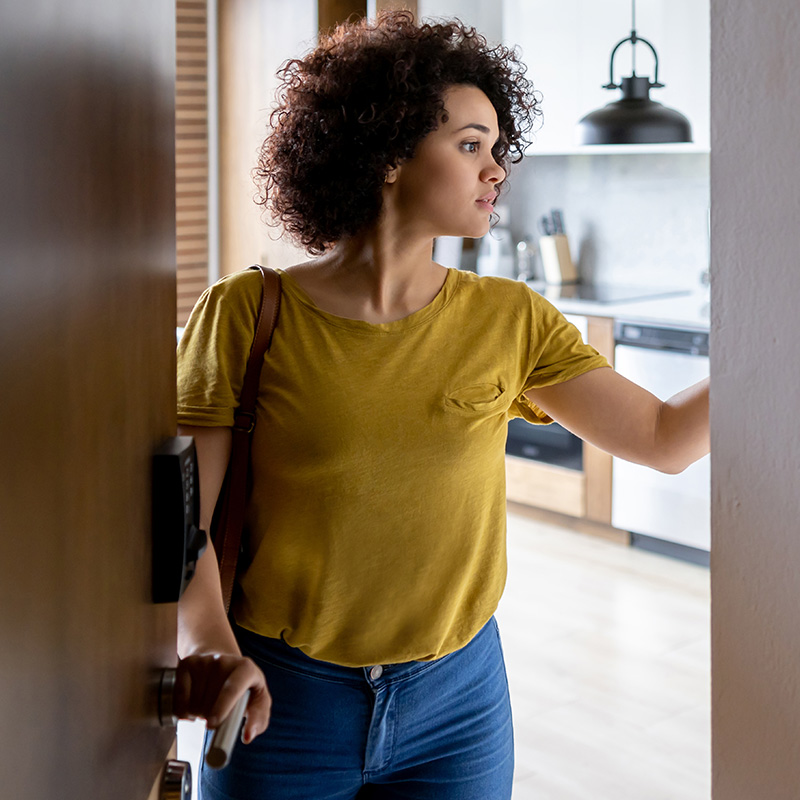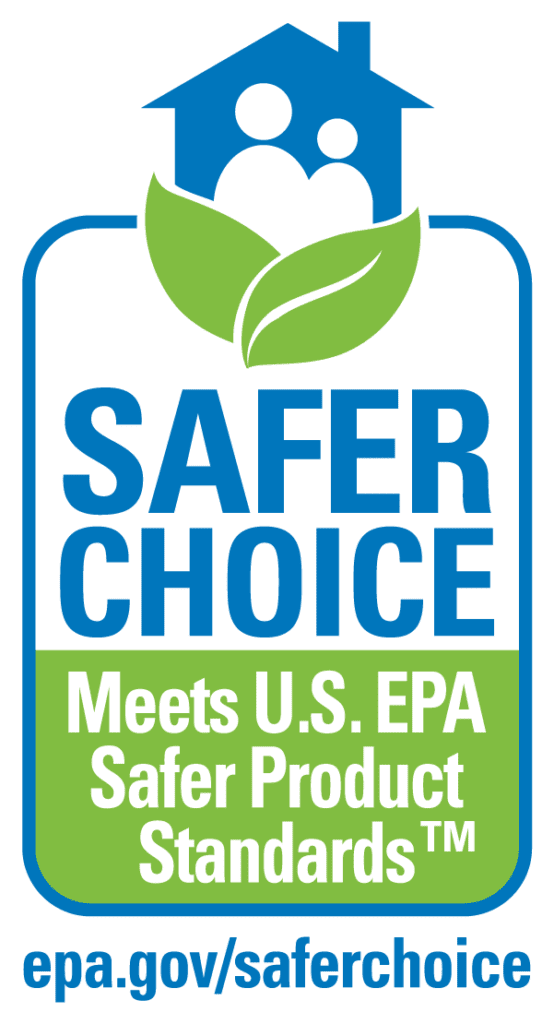Running More Sustainable Vacation Rentals
There’s a growing awareness in today’s world that everyone—from corporate giants to small business owners to normal everyday people—needs to make an effort to reduce our impact on the environment. Many in the short-term rental industry are realizing that they are definitely part of this collective, too, and are taking steps to ensure a greener future for all of us by embracing more sustainable vacation rentals.
If you’re wondering if and how guests think about sustainability, the answer is a resounding, “Yes.” A survey conducted by Booking.com in 2022 shows that 78% of travelers intend to stay in sustainable vacation rentals at least once in 2023. It seems that many of today’s travelers are increasingly aware of the impact tourism has on the environment and they want to do their part when making travel plans. So, property owners and managers who invest in more sustainable practices are not only doing the right thing for the environment, but they’ll likely see increased bookings, potentially earn higher rates for their properties and even attract return business from guests who value this commitment to sustainability.
Whether you run a property management company overseeing hundreds of vacation rentals or you occasionally rent out your primary residence, making a commitment to sustainability in your business makes sense. Here, we offer obvious and not-so-obvious ways to get your sustainability journey rolling.
Start Small
From reducing single-use plastic by providing reusable straws and bamboo cutlery to clearly marking recycling bins in your properties, there are a host of everyday ways you can choose when operating more sustainable vacation rentals. And you probably embrace many of these in your own home. Airbnb offers a sustainability series including ways real-life hosts are greening up their properties.

No-Brainer
RemoteLock’s integration partner, Hostfully, offers an easy way to go paperless with its digital guidebooks. These guidebooks are essentially a “mini, mobile-first website” that gives guests key information (i.e., directions, check-in info, Wi-Fi password, etc.). All they have to do is click a link to get the info they need. No additional apps to download! With a digital guidebook, you eliminate the use of a lot of non-renewable resources and free yourself from answering common questions.
Outside-the-Box
Explore ways to keep things local. Some hosts go so far as outfitting their properties with furniture and artwork made locally. If that’s too ambitious, try creating a welcome basket with locally produced food and beverages. Offering suggestions of things to do, places to visit and restaurants to eat in the area is also a must-have. To cut down on carbon emissions, also include directions to public transportation like buses, subways and trains with links to schedules. Many hosts also provide bikes for guests or recommend a local business where they can rent them.
Lean Into Smart-Home Tech
Smart home technology is more than just a trendy amenity that guests love. For those interested in more sustainable vacation rentals, it helps you reduce water and energy consumption.
No-Brainer

For vacation rental owners and managers, smart thermostats are especially helpful for taking a bite out of energy bills. You can adjust the temperature when the property is vacant and set automatic schedules like one that turns up the AC or heat two hours before a guest arrives. And if the cleaners lower the AC while cleaning and then forget to raise it, or a guest accidentally leaves a door wide open, you can set up a mobile app to alert you and then make the adjustment from your smartphone.
Likewise, leak detectors can come up big when it comes to decreasing water consumption. Place these smart sensors near your rental property’s washing machine, kitchen sink and water heater, and you’ll know immediately if there’s a leak. Then you can react quickly with a call to a property manager or neighbor to shut off the water feeding these appliances. Some smart leak detectors on the market pair up with smart-water shutoff valves, which automatically turn off the water supply for you. As water damage can quickly become a huge, expensive waste, these sensors are valuable investments.
And while on the subject of leaks, don’t forget the easy energy-efficient stuff like checking for cracks and gaps at your property, including around windows and doors, electrical outlets, the attic, and the basement/foundation. Just sealing these gaps and installing insulation properly can reduce drafts and cut down on significant air leakage without replacing windows or doors. If you’d like more tips like these, check out the Building Performance Institute for resources on ensuring your property’s health, comfort, safety and energy efficiency.
Outside-the-Box

Electronic access control like RemoteLock has quickly become standard at many vacation rental properties. After all, the convenience of keyless entry for guests and remote control of access for property managers is highly desirable.
But does it have any impact on making your operations more sustainable? Not at first glance. But when you look a little deeper, you’ll see some impacts. For instance, when a property manager can provide access on-the-fly to a locked-out guest or an emergency repair professional, that definitely saves on the fossil fuels that would have been burned in driving to the property. Now, if you have more than one property, tack on more trips accordingly. You can see how the ability to control access remotely can cut down significantly on car trips back and forth to properties. Ditto for guests, staff or repair professionals who need to make an extra stop to grab keys if you don’t have electronic access.
Clean Up the Cleaning

No-Brainer
If you’ve shopped for cleaning products in the last five years, you’ve likely seen the plethora of new eco-friendly cleaning products on grocery store shelves today. Sean Kemper of ETI Solutions has spent the last 17 years on the front lines of cleaning education and training in the vacation rental arena, and sits on the board of VRHP (Vacation Rental Housekeeping Professionals). He recommends choosing from EPA’s Safer Choice program, a labeling program that helps consumers and commercial buyers identify products with safer chemical ingredients, without sacrificing quality or performance. He also points to peroxides, isopropyl alcohol and essential oils as extremely useful and less harmful ingredients to use when cleaning.
Outside-the-Box
Laundry in general and especially in the vacation rental business is an energy hog. After all, we’re talking about using strong alkalines, chlorine bleach and acid to remove stains and condition the water to properly clean and soften our linens, and then long cycles using hot water to rinse out these chemicals. Kemper admits that it’s challenging to come up with more sustainable solutions on a commercial scale. But he’s encouraged by a fairly new technology called aqueous ozone, which uses zero harmful chemicals, but instead employs ozone as a detergent-less laundry solution. You can find aqueous ozone laundry products and services for both residential and commercial laundering.
Go Big
Maybe you’ve already taken steps toward your green transformation and you’re looking to deepen your commitment to run more sustainable vacation rentals. Check out the big ideas below for your next steps.
No-Brainer
One of the frustrating things about pursuing more sustainable vacation rentals is that it’s a young movement with no industry-wide standards or certification processes. Sustonica and EnviroRental are trying to change that, by creating industry standards and building resources.
Sustonica has positioned itself as “the first sustainability validation for vacation rentals.” The organization guides property managers and owners on their sustainability journey and allows them to prove their commitment via accreditation and badges based on 10 of the United Nations Sustainable Goals. RemoteLock’s partner, Hostfully, wants to make it easier to advertise sustainability commitments. Look for news soon about how vacation rental managers who use Hostfully can obtain eco-certification from Sustonica and display the badge directly on hosts’ listings.
EnviroRental was founded by a group of industry professionals who have experienced first-hand how to implement sustainability into a vacation rental business. The site aggregates sustainability resources in one place, including roadmaps, webinars, measurement, case studies, surveys and data, and more, and offers them for free.
Like each of the above organizations, several booking platforms are recognizing the need for hosts to advertise sustainable vacation rentals. Check out Booking.com and its Travel Sustainable badge, which highlights that a property has taken significant steps to make a traveler’s stay more sustainable, as well as makes it easier for customers to book these accommodations. Airbnb has a sustainable home status for homes that have earned an A or B via the Energy Performance Certificate. But this is only available to hosts with properties in the European Union.
Outside-the-Box

Stepping up can also mean taking a holistic view of your business to see how much it actually impacts the climate. Hostfully offers a great example. Two years ago, the company began buying carbon offsets for each of its employees and the resources that they consume (including airfare emissions offsets) through an environmental conservation organization, Ecologi.
Hostfully also has ideas on sustainable steps for vacation rental managers, including how to calculate your business’ carbon emissions and resources to offset them. When you purchase the offset, say through a tree planting program, these organizations typically send you some type of digital asset (PDF or image like a badge). Use the asset on your direct booking site, email signature or even in your digital guidebook to advertise your commitment.
Lastly, you can offer a carbon offset program to your guests. Again, Hostfully wants to make this process easy through the marketplace feature in digital guidebooks. As a host, you’d be purchasing the offset on behalf of your guest. Once the guest completes the purchase process in the guidebook, you place the order with the reforestation program and forward the purchase confirmation email to the guest.

RemoteLock
Automated Access Control and More
RemoteLock has been automating access control and improving on-site property operations efficiencies across multiple industries, including vacation rental and multifamily, for more than ten years. As a leading access-centered property operations software platform provider with more than 10,000 customers in 75+ countries, RemoteLock helps property managers enable, control, and automate access and climate control across their portfolio. RemoteLock’s platform saves property managers time and money through the elimination of tasks for onsite staff and helps scale businesses with greater confidence. It is differentiated by its dozens of integrations with applicable hardware and business software systems for an easy-to-use, turn-key solution.
